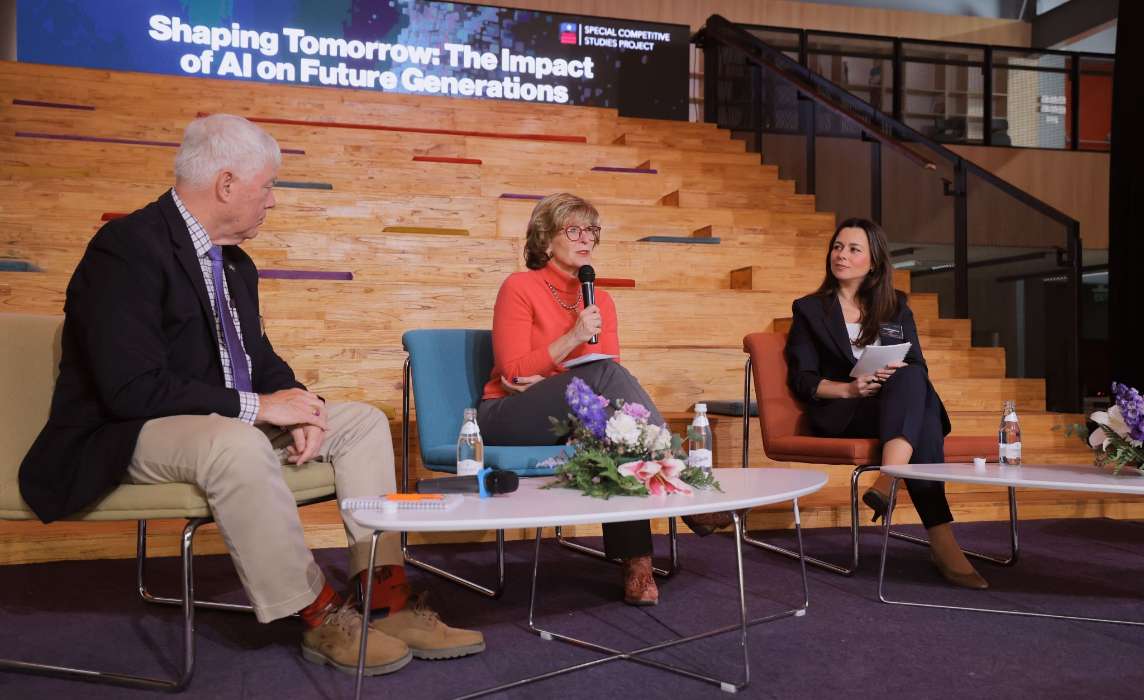Home Page
At RIT, we’re on a relentless quest to broaden horizons and create new pathways for global education, international partnerships, professional engagement, and cultural exchanges.
The RIT Global Office serves as the central hub for these interconnected efforts. This includes providing support and resources for:
Global Engagement by the Numbers
6
Global Campuses: Croatia - Dubrovnik and Zagreb, Dubai, Kosovo, Albania, and Rochester NY
4100+
Students enrolled at RIT’s global campuses locally
1826
International students enrolled at the Rochester campus
25
Total RIT undergraduate and graduate degree programs delivered at the global campuses
133
International partnerships in over 39 countries
600+
Global learning opportunities
$116K
In scholarships to support study abroad students and fellows
$323K
Committed to support RIT faculty international research, mobility and partnership development
Study Abroad
Study Abroad To RIT Rochester
The RIT Global Scholars program is a unique opportunity for students from RIT's international campuses and partners to study for up to two terms at the Rochester campus. The program provides students with the opportunity to diversify their cultural perspective, expand their academic horizons, and build their professional network.
Study Abroad From RIT Rochester
Study abroad takes RIT Rochester students to corners of the world where you’ll be inspired, challenged, and changed. Examine your field of study from a new perspective, meet global innovators, and gain professional skills that will set you apart as a leader in a globalized work environment.

Open Call for RIT Faculty: Seminar Proposals for Universidad del Pacífico International Week 2026
The International Relations Office at Universidad del Pacífico (Peru) invites RIT faculty to submit seminar proposals for participation in UP International Week 2026, taking place on March 16–20, 2026 and August 10–14, 2026
This initiative brings together international lecturers to deliver 16-hour seminars—either online or in-person in Lima, Peru—for Universidad del Pacífico’s undergraduate students and alumni. Seminars may be conducted in English or Spanish and should align with one or more of the following areas: Business Engineering, Information Engineering, Economics, Finance, Business Administration, Marketing, International Business, Accounting, and Law.
Priority Topics Include:
Business Analytics | Big Data and Value Creation | Negotiation Strategy | Sustainability Management | Risk Management | Strategic Management of Innovation | Data-Driven HR | Leadership Processes | Entrepreneurship and Innovation | Non-Financial Reporting | Mobile Marketing | UX and Web Analytics | Neuromarketing | Storytelling for Marketing | International Consumer Behavior | Blockchain | AI in Business | Digital Humanities | Politics, Philosophy & Economics.
Please note: Synchronous online seminars are expected to take place according to Lima, Peru (GMT-5) local time.
Application Deadline: November 14, 2025
This is a unique opportunity for RIT faculty to share their expertise and engage with an international academic community.
Faculty Opportunities

Open Call for RIT Faculty: Seminar Proposals for Universidad del Pacífico International Week 2026
The International Relations Office at Universidad del Pacífico (Peru) invites RIT faculty to submit seminar proposals for participation in UP International Week 2026, taking place on March 16–20, 2026 and August 10–14, 2026
This initiative brings together international lecturers to deliver 16-hour seminars—either online or in-person in Lima, Peru—for Universidad del Pacífico’s undergraduate students and alumni. Seminars may be conducted in English or Spanish and should align with one or more of the following areas: Business Engineering, Information Engineering, Economics, Finance, Business Administration, Marketing, International Business, Accounting, and Law.
Priority Topics Include:
Business Analytics | Big Data and Value Creation | Negotiation Strategy | Sustainability Management | Risk Management | Strategic Management of Innovation | Data-Driven HR | Leadership Processes | Entrepreneurship and Innovation | Non-Financial Reporting | Mobile Marketing | UX and Web Analytics | Neuromarketing | Storytelling for Marketing | International Consumer Behavior | Blockchain | AI in Business | Digital Humanities | Politics, Philosophy & Economics.
Please note: Synchronous online seminars are expected to take place according to Lima, Peru (GMT-5) local time.
Application Deadline: November 14, 2025
This is a unique opportunity for RIT faculty to share their expertise and engage with an international academic community.















